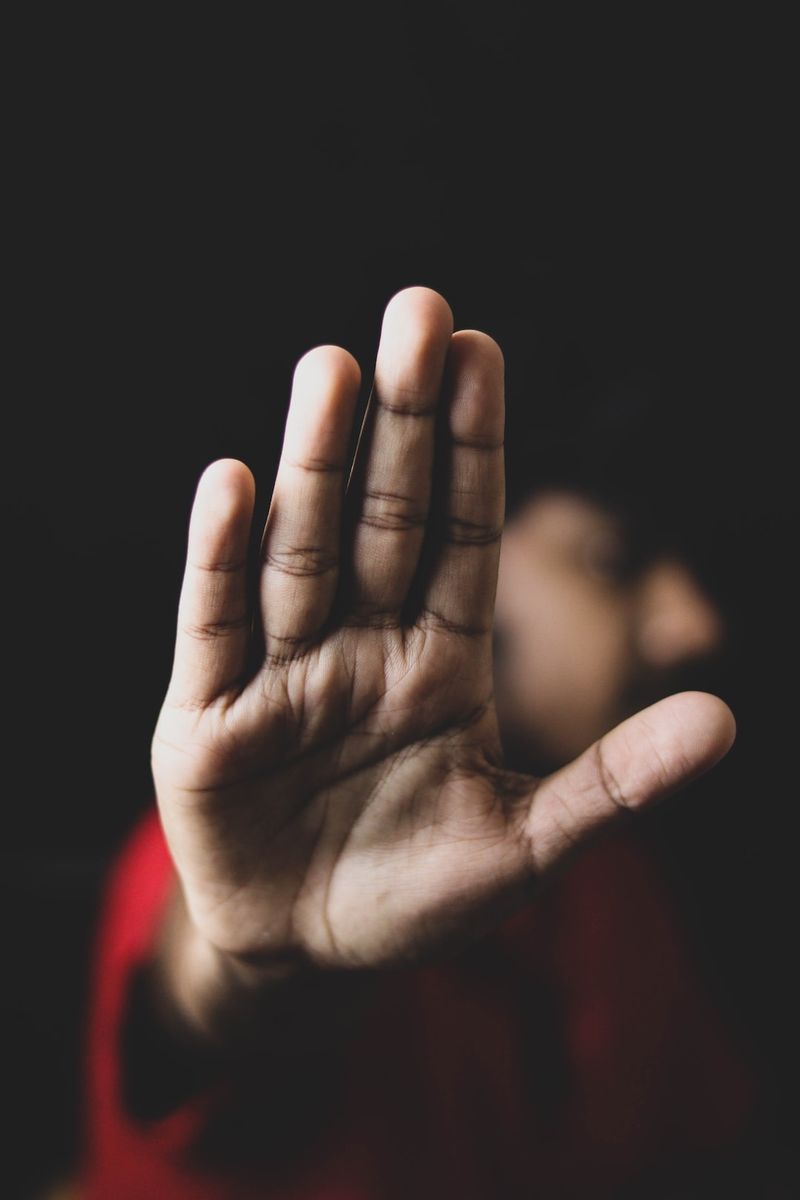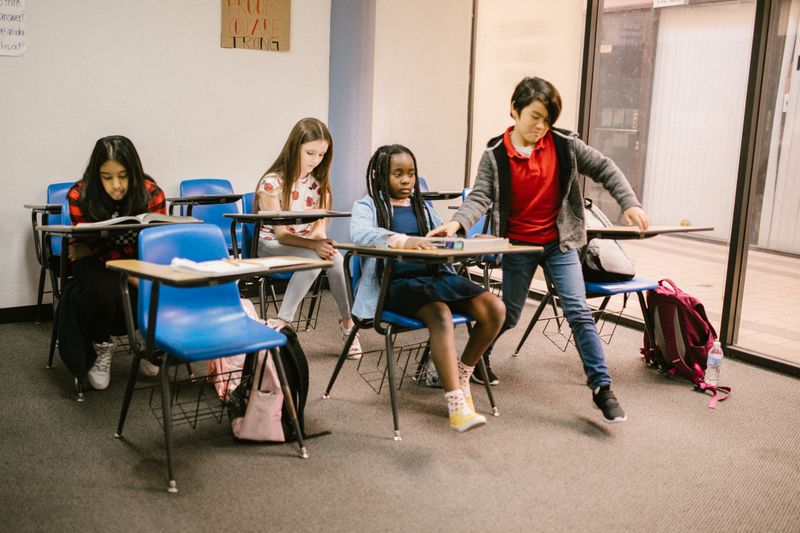Military Operations in Brazil: A String of Deadly Violence
In a particularly bloody week for Brazil, at least 45 people have been killed in a series of police operations across three states. These incidents, which occurred in Rio de Janeiro, Bahia, and the São Paulo region, highlight the ongoing issue of police violence in the country. The death toll includes 10 people killed in a drug operation in Rio’s Complexo da Penha favela, 19 deaths in clashes with military police in Bahia, and 16 deaths in a police operation in the Baixada Santista region of São Paulo.
The Brutality of Police Operations
Brazil is notorious for its high levels of police violence, and these recent incidents have only further exemplified this issue. Both Bahia and Rio de Janeiro are home to some of Brazil‘s deadliest police forces, according to the Brazilian Forum on Public Safety. Reports from residents and human rights organizations in Baixada Santista have indicated the use of excessive force, threats, and cases of torture by the police during the operation. Human rights organizations have strongly condemned these actions and called for a thorough investigation into the police’s behavior.
However, state authorities have defended the police’s actions, claiming that they were responding to attacks from criminals. The state governor, Tarcísio de Freitas, has dismissed reports of abuses as a mere “narrative.” This response raises concerns about the lack of accountability and transparency in law enforcement operations in Brazil.
A Need for Reform and Scrutiny
The Brazilian state military police forces have a long history of violence, surpassing their civilian counterparts in terms of deadliness. The return to power of Luiz Inácio Lula da Silva had raised hopes for reform in this area. However, public security experts argue that recent legislation approved by a senate committee fails to address crucial issues such as the use of police body cameras.
The use of body cameras by the military police in São Paulo has been credited with helping to reduce violence committed by and against law enforcement officers. Unfortunately, the current governor, Tarcísio de Freitas, who is an ally of former president Jair Bolsonaro, has questioned the effectiveness of body cameras and embraced a hardline security discourse. Under his administration, killings by the São Paulo police have increased.
The recent spate of killings could potentially be a turning point for public security in Brazil‘s largest state. The political discourse that values violence and advocates for the use of force to control crime and organized crime plays a significant role in shaping law enforcement practices. It is crucial for Brazil to confront and address these underlying societal issues to bring about genuine reform.
Conclusion and Editorial
The recent wave of police violence in Brazil is deeply concerning and highlights the urgent need for comprehensive reform in the country’s law enforcement agencies. The high death toll and reports of human rights abuses during these operations underscore the failure of the current system to protect the rights and safety of citizens.
The Brazilian government must take immediate action to hold law enforcement officers accountable for their actions and address the culture of impunity that surrounds police violence. Implementing measures such as mandatory use of body cameras, independent oversight committees, and effective internal investigations can help ensure transparency and justice in law enforcement operations.
Furthermore, addressing the root causes of Brazil‘s pervasive violence, such as poverty, inequality, and lack of educational opportunities, is crucial to creating a safer and more just society. Investing in social programs, improving access to quality education, and addressing systemic issues of corruption and impunity are all essential steps towards long-term reform.
Brazil has the potential to transform its law enforcement system and restore public trust in the authorities. By prioritizing human rights, accountability, and a comprehensive approach to public safety, Brazil can work towards achieving a more just and secure society for all its citizens.

<< photo by Saif71.com >>
The image is for illustrative purposes only and does not depict the actual situation.
You might want to read !
- “Heartstopper” Season 2: A Captivating and Imperfect Queer Journey
- Trudeau Troubles: Canadian PM Justin Trudeau and Sophie’s Impending Split
- Title: “Emirates Cup Showdown: Arsenal vs Monaco – A Definitive Clash of Football Titans!”
- Toyota Prado 2024: A Sneak Peek before the Big Reveal
- “Vaxxed and Matched: Navigating Dating Apps & Facebook Groups in the Age of Vaccination”
- Jigsaw Unleashed: Saw X Trailer Brings Ruthless Games to Life
- “Blooming Brilliance: Sigourney Weaver Shines in ‘The Lost Flowers of Alice Hart’ Review”
- Stabbing Spree Sends Four to Hospital: Man Arrested in Shocking Attack
- Rampant Shoplifting: A Violent Outburst Shakes Moonee Ponds
- “Caster Semenya’s Triumph: The European Court of Human Rights Upholds Her Right to Compete”
- “European Court Upholds Caster Semenya’s Human Rights, Igniting Global Debate”
- The Lost Blooms of Alice Hart: A Tale of Melodrama and Sigourney Blossoms
- “Blokes and Sheilas go bonkers as Trent’s movie expertise becomes the talk of the town”
- Operation Crackdown: Authorities seize drugs and weapons in St Albans
- “A Tragic Loss: WA Police Officer Constable Anthony Woods Dies in the Line of Duty”
- “Notorious Property Developer on the Run from Authorities”
- Outrage Unveiled: India’s Shock over Naked Women Parade in Manipur Violence
- The Controversial Collision: Brian Cox Takes on Woke Culture
- Homeware Havoc: The Fall of an Australian Retail Icon
- “Remembering Nitin Desai: The Legacy of a Brilliant Production Designer”
- France Demolishes Panama 6-3 to Secure Victory: A Spectacular Show of Strength




